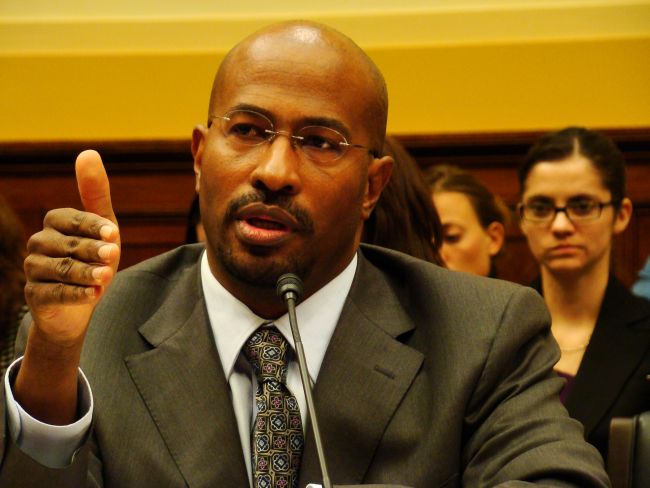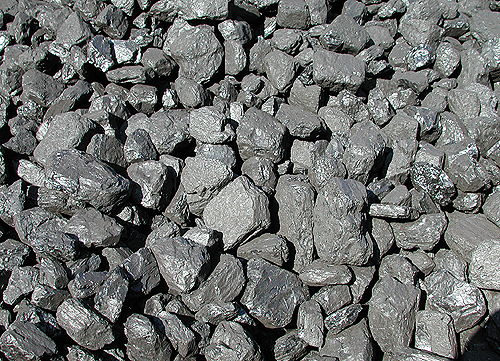
This post was originally published on the blog of the Center for Public Integrity and is reposted on Grist with CPI’s kind permission.
With its hefty bankroll and polished messaging, the American Coalition for Clean Coal Electricity looked like a juggernaut going into the climate change debate on Capitol Hill. But ever since the House narrowly passed a measure in late June to set the country on a path to addressing global warming — a measure with plenty of concessions to coal but still lacking ACCCE’s support — the advocacy group has been beset by struggles.
First, Bonner & Associates, the lobbying firm ACCCE subcontracted to help stoke its vaunted grassroots network, was found to have forged at least 13 letters to members of Congress purportedly from senior citizen and minority groups opposed to the legislation. Bonner blames a rogue employee and ACCCE has fired Bonner, but a congressional investigation continues.
The large power company Duke Energy, whose chief executive James Rogers has long advocated climate legislation, withdrew from the coal group this week — a story first reported by Energy Daily (subscription required). ACCCE burst on the scene in 2008 with the message that it did support a practical, affordable climate plan — essentially Duke’s position. But Duke said a rift became apparent during the debate over the House bill. “We believe ACCCE is constrained by influential member companies who will not support passing climate change legislation in 2009 or 2010,” the company said in a statement. After the Duke story broke, the blog EnviroKnow confirmed that aluminum maker Alcoa had earlier quit the group.
The aluminum maker decided to quit paying dues to the coal advocacy group about a month ago as part of its company-wide effort to reduce costs. “You may have heard of a little thing called the economic downturn,” Alcoa spokesman Kevin Lowery said in an interview with The Center for Public Integrity. So it was an economic, rather than a philosophical decision? “Any kind of economic decision has to have a business case — whether you invest money and make money at the end of the day,” Lowery said.
Alcoa, which has reduced its own carbon emissions 36 percent since 1990 while doubling production, sees a genuine business case for cap-and-trade, since a law would increase the incentive to make vehicles and planes more lightweight and fuel efficient through use of aluminum.
The loss of companies like Alcoa and Duke (which in addition to coal power has seven no-carbon-emissions nuclear reactors and is planning three more) comes at the same time that ACCCE has added members whose fortunes are more closely tied to coal. Berwind Natural Resources, which owns and leases large coal reserves in the Appalachian Mountains; Buckeye Power, a co-op with two coal units on the Ohio River; Crounse Corporation, a Kentucky-based barge line that hauls primarily coal on the Ohio River and its tributaries; and International Coal Group, a producer in Central Appalachia and the Illinois Basin, all have joined ACCCE’s membership roster since the spring.
Duke spokesman Tom Williams said in an interview with the Center that the break had nothing to do with the giant power companies that remain ACCCE members — Southern Company, American Electric Power, or Progress Energy. Although Williams declined to name names, saying ACCCE’s steering committee was well aware of which of its members were intransigent on climate legislation, ACCCE includes many smaller rural electric co-ops completely dependent on coal who have been some of the most adamant opponents of legislation. Buckeye Power, for example, urges activism against “Cap and Tax” legislation on its web site.
But some companies that support climate legislation remain in the ACCCE fold — the largest and most diverse being General Electric. GE spokesman Daniel Nelson said in an email that ACCCE does not reflect GE’s views on climate change legislation, which is that cap and trade would help “drive American technological innovation and competitive leadership … We advocate that view within ACCCE and have and will work to make it the majority view in that organization.”
ACCCE, for its part, released a statement [docx] that said, in part, “From time to time, individual coalition members may have different perspectives with regard to important policy positions.” With the Senate set to take up climate legislation on its return, ACCCE launched a new round of TV advertisements “emphasizing the need to keep electricity costs affordable by strengthening the use of coal in our energy mix.”




